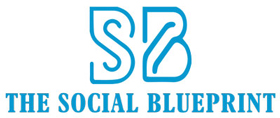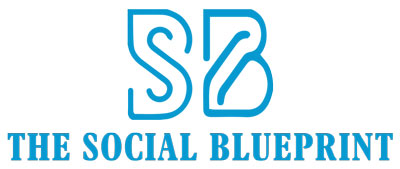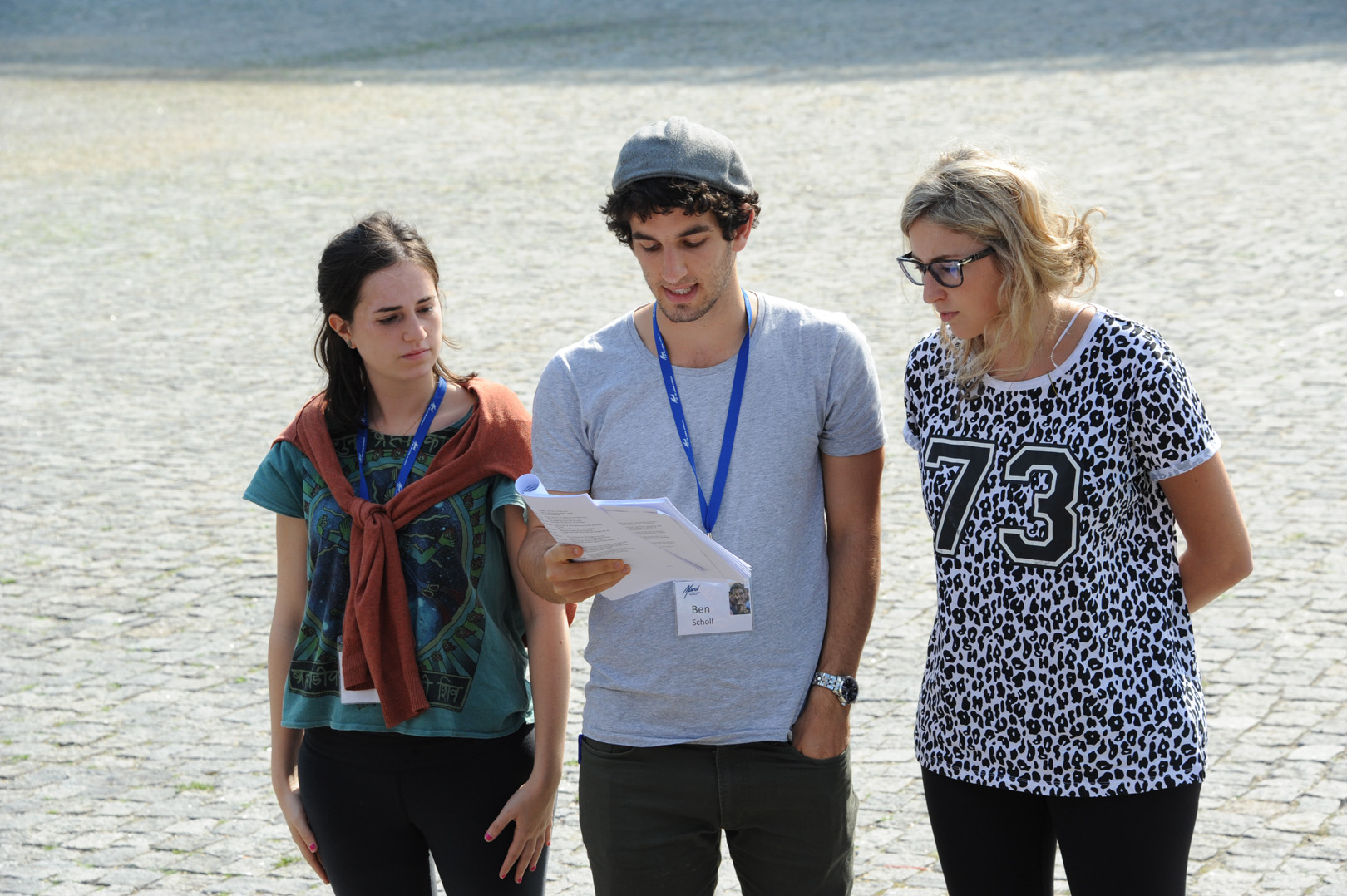It has been almost 10 years since I went on March of the Living, and the program continues to impact decisions in my everyday life. I have no doubt that this will always be the case.I still remember nervously deciding to join a few friends (and plenty of strangers) on a journey to the other side of the world, which at the time was my first trip away from my parents. I wasn’t quite sure why I felt such a need to go, I could feel something pulling me towards this trip. Whilst I have family who perished in the Holocaust, and some family who got out just before the war – the Shoah still always felt distant. A peculiar feeling, as I always felt as if I should be more connected, but it was just so difficult to comprehend. Perhaps it was that I was only 16 at the time, maybe it was that I was too privileged to understand the gravity of the tragedy, or most likely – that it is something none of us will ever truly understand no matter how hard we try. But try we must.
10 years later, and I still can’t help but feel like my values and who I am as a young adult are founded on my trip to Poland and Israel with March of the Living. I think this is one of the things that surprised me most. Rather than the trip igniting a feeling of anger for what the Nazis did, what resonated with me was the power of people and love for one another. The stories of righteous gentiles, the heroic mothers, fathers and children who would do anything to keep each other alive is what I connected to. In a time that was so full of darkness and hate, it was love and perseverance that enabled us to survive. That is why the Jewish people live on and the Nazis are no more.I have been fortunate enough to have been involved with some amazing not-for-profit social betterment organisations since my trip on March of the Living – a drive to make the world a better place which began as a 16-year-old boy in Poland, of all places. I feel so fortunate to have learnt those lessons, and I feel so proud to be part of a people that would not let anything get in the way of its faith, its heritage and its deep-rooted values.March of the Living gave me a deep appreciation of the perseverance of the Jewish people and the strong sense of community. This has been a key motivation for staying connected to my heritage since graduating school and university. It is not easy to stay connected, but I know that the experiences that I had on the trip have triggered a wave of passion for my religion, my heritage and my people that will permeate down to my kids, and hopefully their kids as well. Everyone has their own way of staying connected, but this connection oscillates between wanting to be at a Shabbat dinner on a Friday night and going to a fun party the next week. It brings me to the realisation of the importance of family, of community and of being a mensch.I have always valued shabbat dinner with my family ever so highly, or going to Shul on the holidays, and even the occasional shiur with my friends. But like so many of my cohort (Millennials and Gen Z), we all connect to Judaism in our own special way as we deal with the challenges that that life throws at us. Work, moving cities, new friends, travel, striving for financial independence and lots more get in the way of the structures that we had in place growing up, which stabilised that connection. For me, March of the Living lit a flame in me that will never go out, an everlasting fire of pride and gratitude. It is that flame that keeps me engaged now that I live in Sydney, it pushes me to still do Shabbat dinners, to fast on Yom Kippur, to celebrate Judaism in whichever way possible with my friends, to volunteer, to conduct myself based on a strong belief in who I am and my connection to my heritage. It empowered me to feel proud to be Jewish.
I am sending this message in the hope that all young adults will feel inspired and empowered to go on this life- affirming journey of exploration, education and enlightenment, and that it will imbue in you the same sense of pride, meaning and connection that it did for me. Do this firstly for yourself, but, as importantly, do it for your family (existing and to be). It is our duty, as the first generation to live without survivors, to educate ourselves and the future generations and to be the bearers of memory.Written by Ben De Winter (2013 Student Participant)
Related Posts
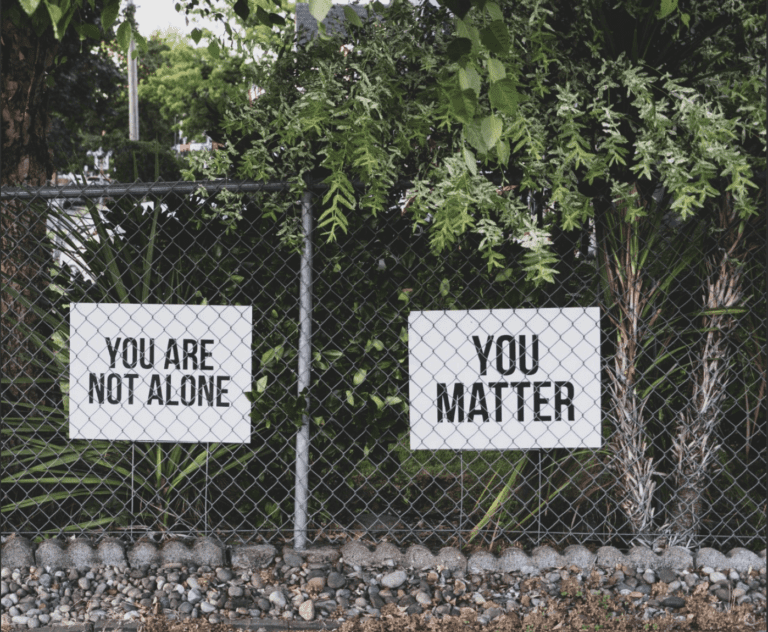
Caring for Carers in Eating Disorder Recovery
Eating disorders have exploded since COVID, and they are now more prevalent than ever in Australia. They are the mental health condition most likely to lead to death and have a huge impact on the everyday life of those living with an eating disorder....
Read More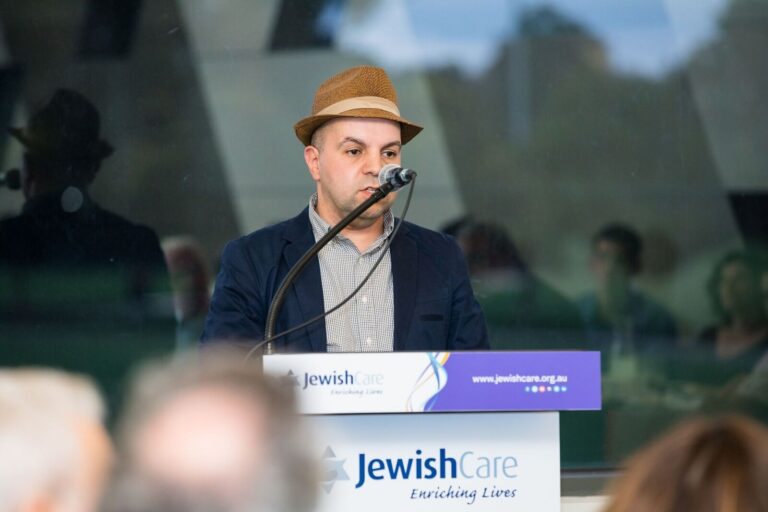
A Curious Life of Passion for Giving Back
It is probably fair to say that the defining trait of my personality is curiosity. I am endlessly fascinated by all elements of life and all that it offers. This inquisitiveness first manifested itself at high school. I was definitely better at some ...
Read More
Strengthening Jewish Identity Through Israel Experiences
Celebrating Israel’s 75th birthday is a wonderful milestone for Jews all around the world, something we should all be proud of. Like many of my peers, I am the grandson of Holocaust survivors – in my grandparents’ wedding photos there were yellow St...
Read More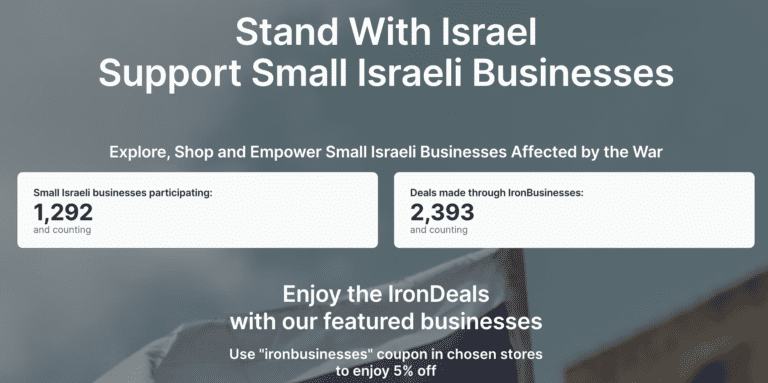
Iron Businesses Israel
Explore, Shop and Empower Small Israeli Businesses Affected by the War Shopping in Israel: https://ironbusinesses.com/dl/6471c6
Read More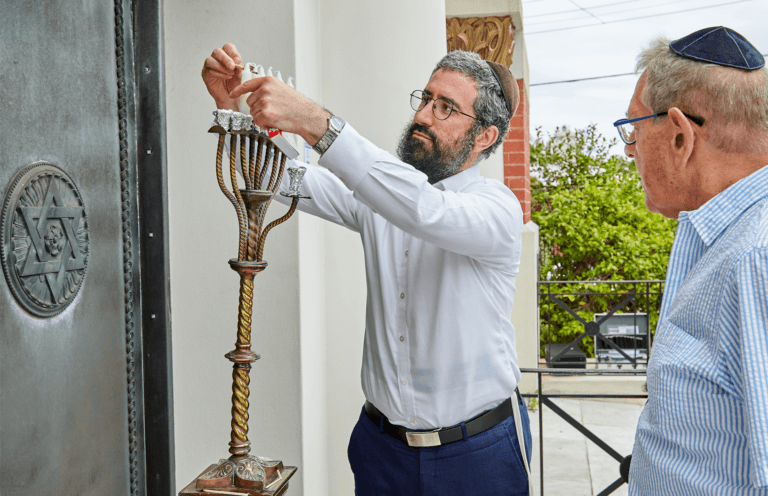
Chanukah by Rabbi Yaakov Glasman AM
Chanukah, often described as the Festival of Lights, holds a timeless spiritual message that resonates through the ages. It reminds us of the triumph of light over darkness, resilience over oppression, and hope over despair. Rooted in the historical ...
Read More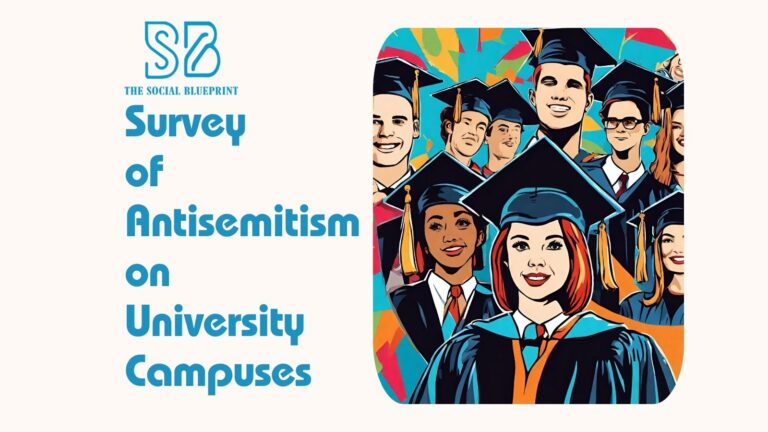
Survey of Antisemitism on University Campuses
The Australian Academic Alliance is conducting an Australian-wide survey of antisemitism on campuses. Our goal is to collect data from students and staff, and to rank Australian universities for their actions to protect Jews from antisemitism...
Read More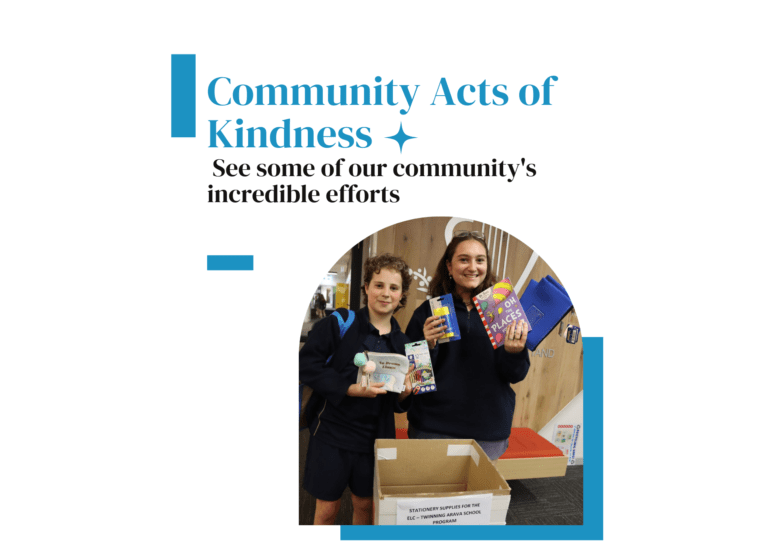
Community Wins for the Week ending 17th Nov 2023
The King David SchoolThe King David School has now raised over $70k in two weeks. Funds were split between Magen David Adom and The Joint. Over $56k was raised for a medicycle for MDA, which also included cash donations that students mad...
Read More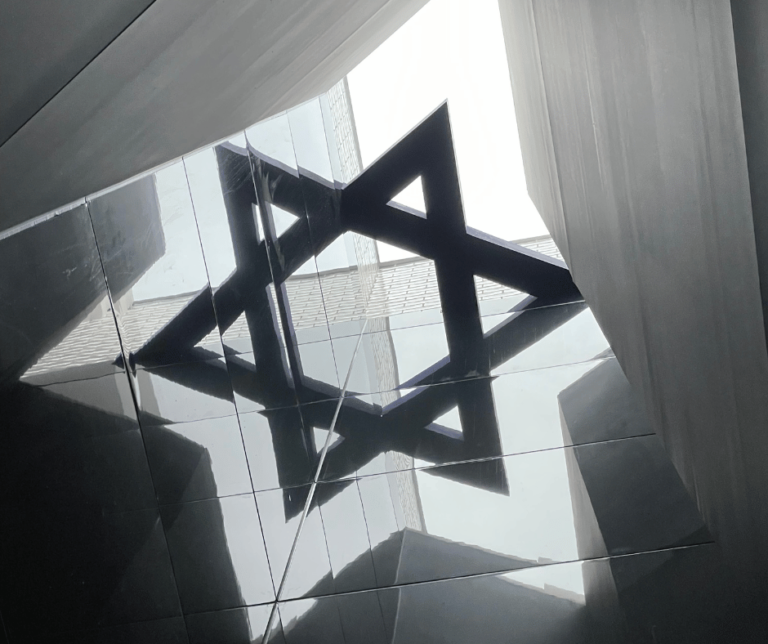
Eternalising Their Names at the Melbourne Holocaust Museum
“When my dad and I were packing up the family home, we uncovered a box of forgotten photos and documents which had belonged to my mother’s cousin, Ruti, who passed away in 1992. I knew throwing the artefacts away would mean burying their family story...
Read More